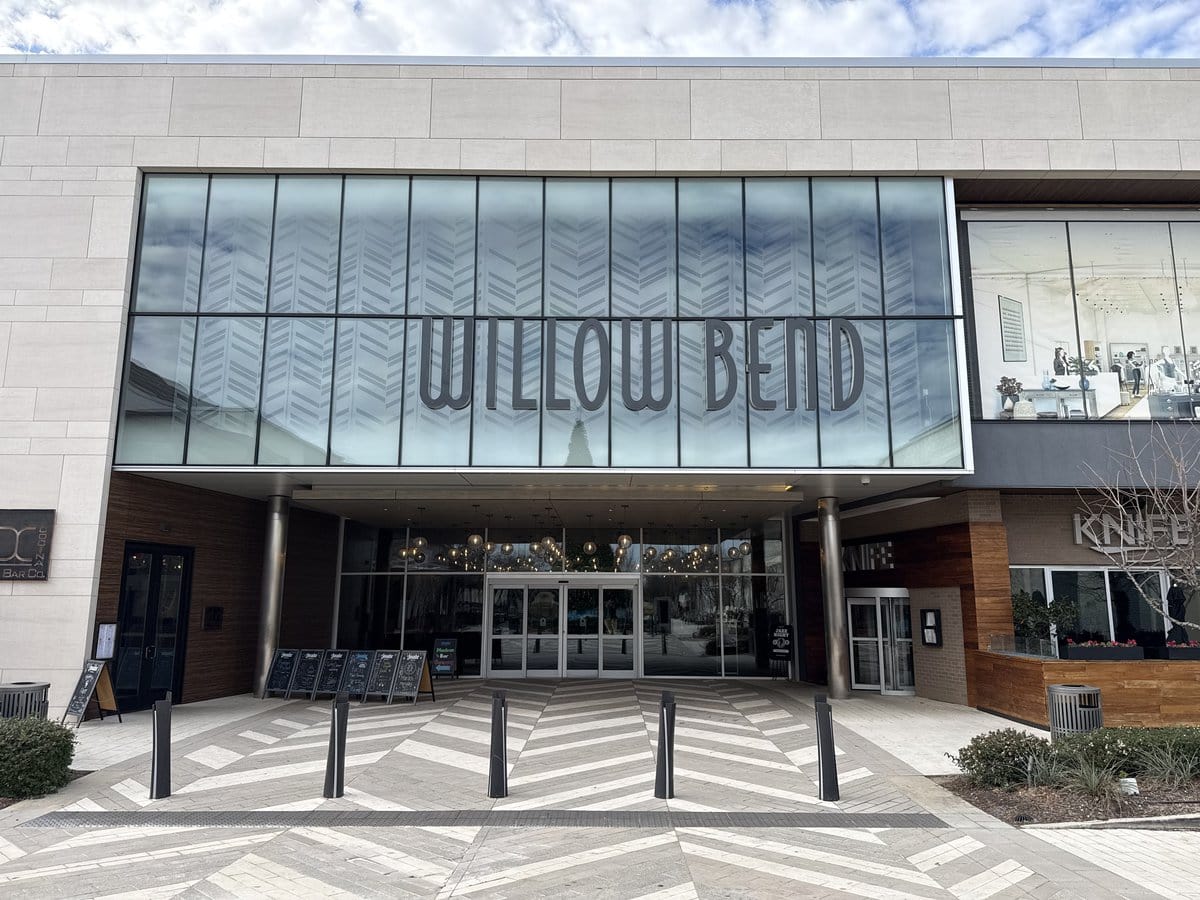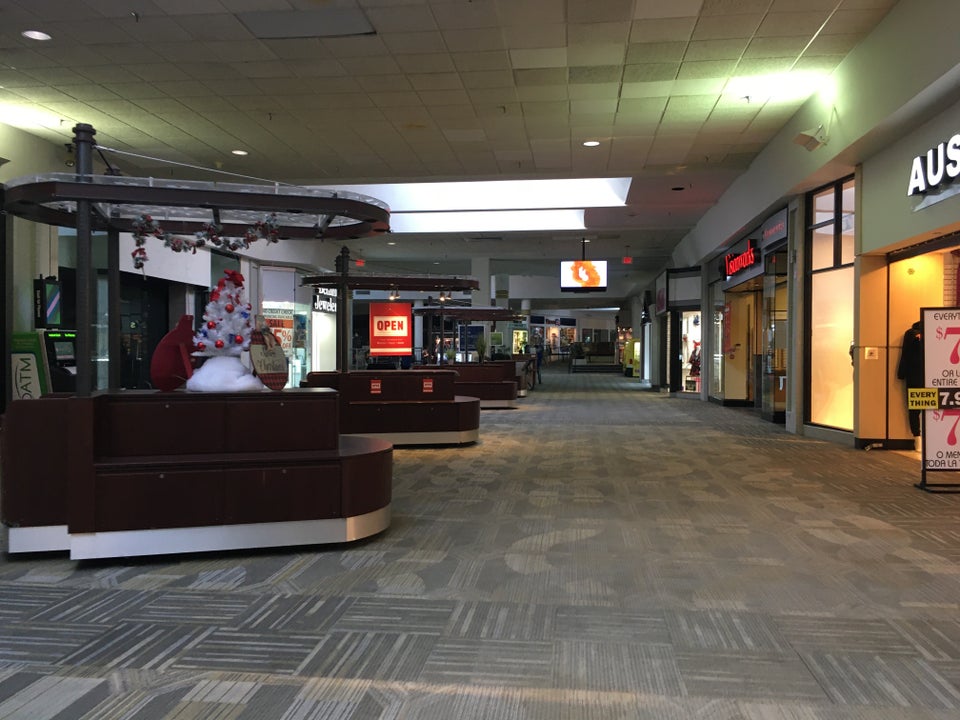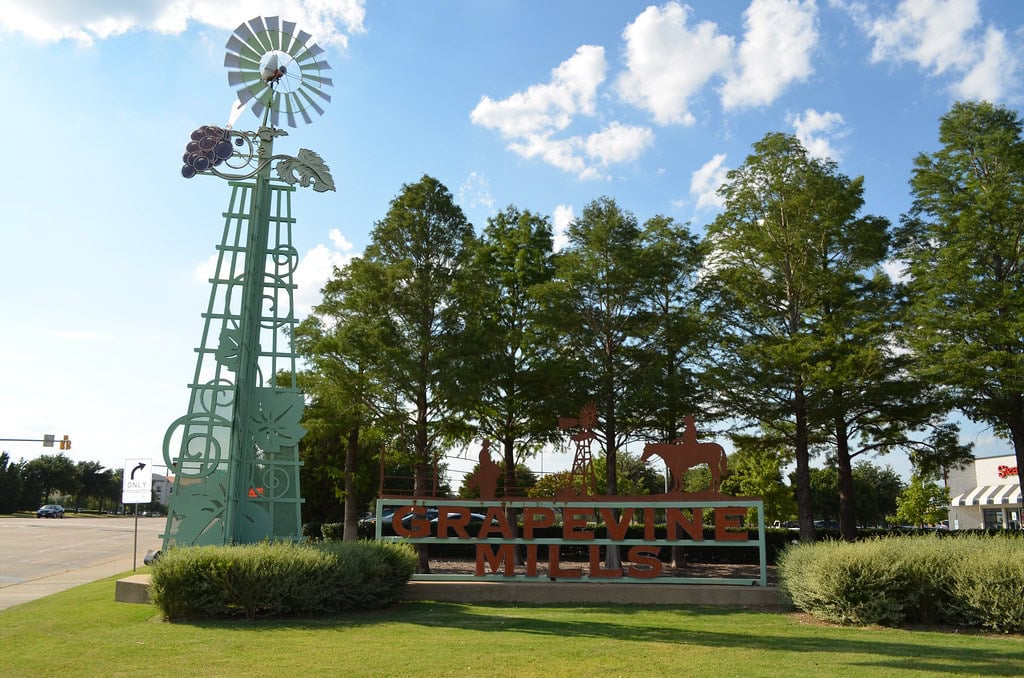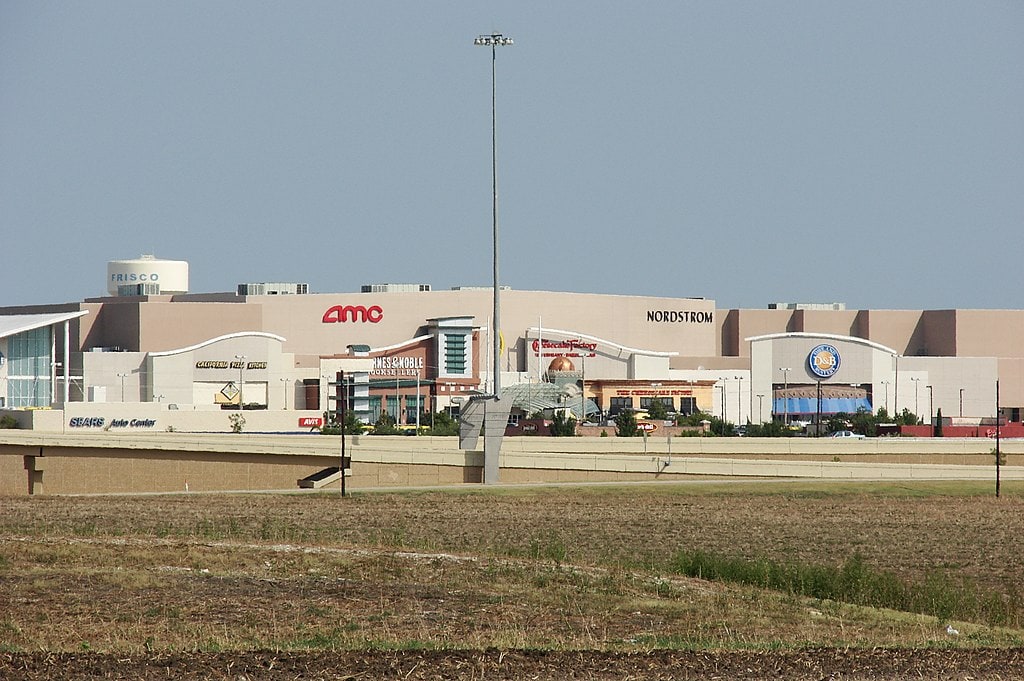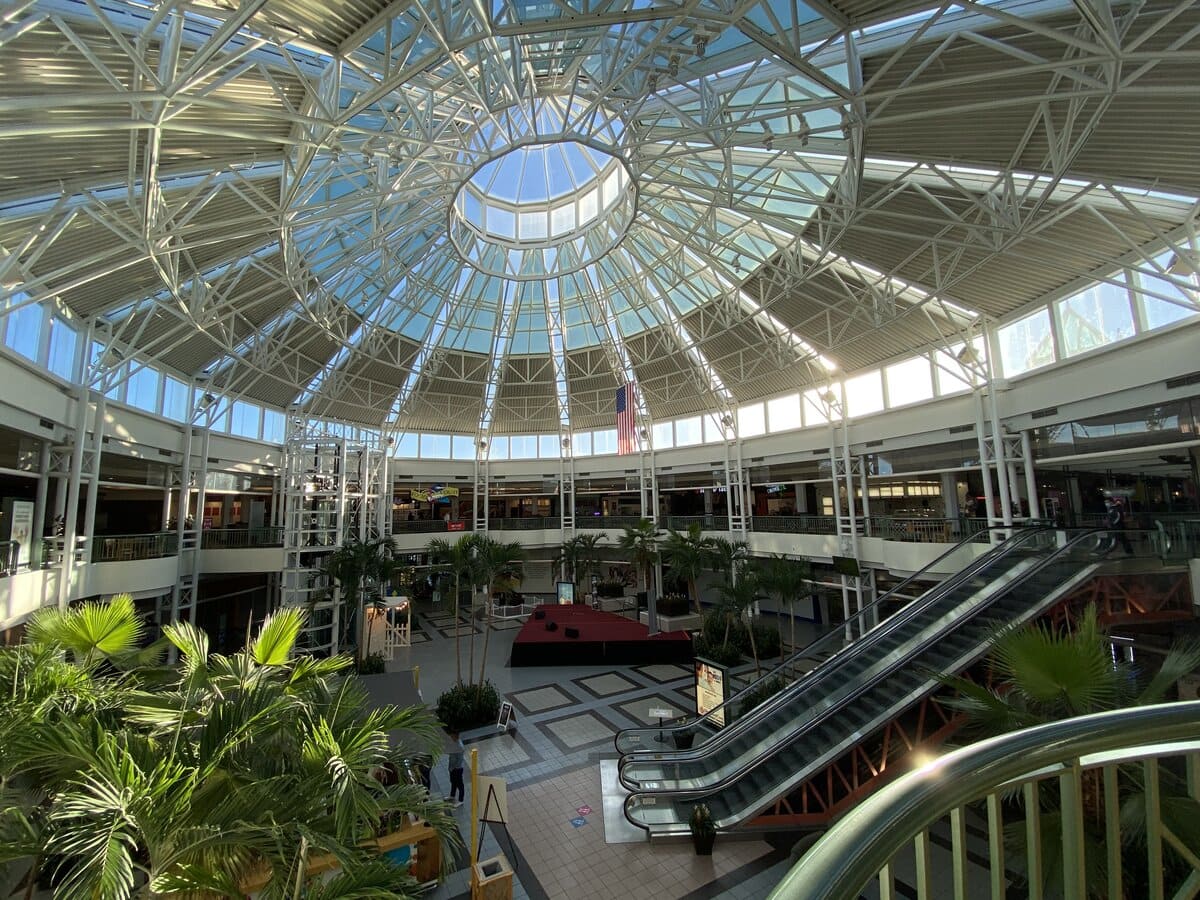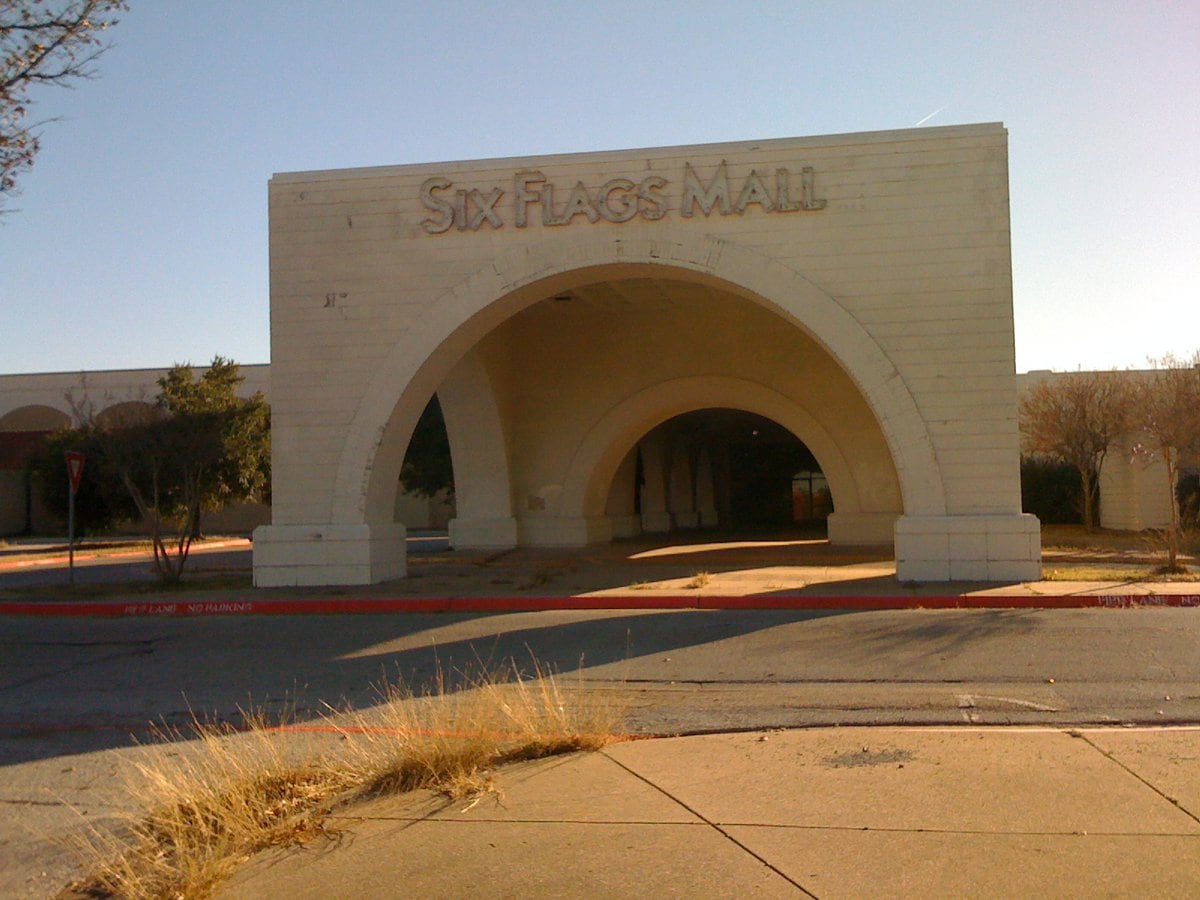Allen, Texas facts locals rarely recall
Allen's history runs deeper than most residents realize. Tucked into the city are details that challenge what people think they know about its past and present.
Some changes came from bold growth, others from smaller steps that slowly shifted the city. What remains are traces that still shape how Allen works today.
Pieces of the past sit in parks, creeks, and even familiar streets. Together, they give Allen a side that longtime residents may not have noticed before.
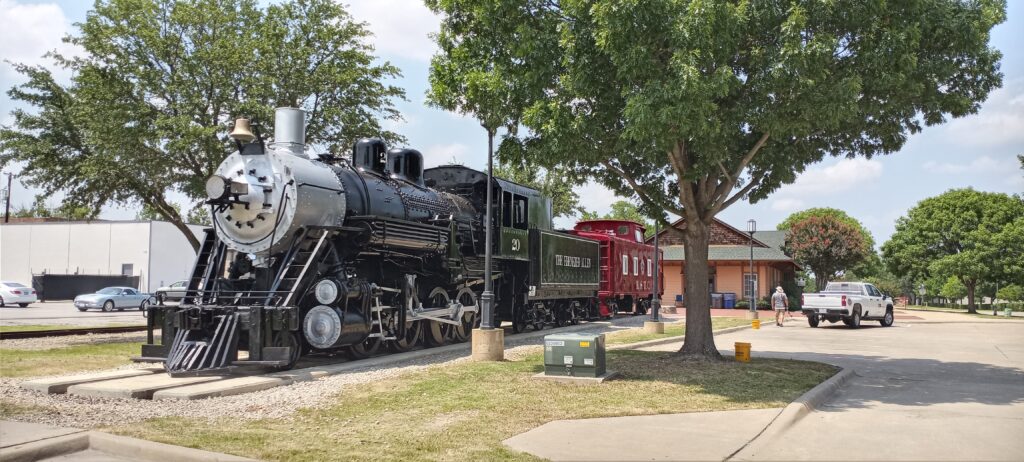
Texas's first train robbery happened in Allen
In 1878, Allen became the site of Texas's first recorded train robbery. Outlaw Sam Bass and his gang targeted a Houston and Texas Central Railway train as it slowed near town.
The robbers forced the crew to halt and looted express shipments of money and valuables.
Though train robberies would become infamous across the West, this early incident placed Allen directly in the state's outlaw history.
The robbery was part of Bass's brief but notorious career, which ended the following year in a gun battle.
Allen's name honors a railroad backer
Allen is named not for a local settler but for Ebenezer Allen, a railroad promoter and former Texas attorney general.
In 1872, as the Houston and Texas Central Railway expanded north, officials honored Allen for his efforts in advancing rail development across the state.
The town grew quickly once the railway stop opened, attracting farmers and merchants who benefited from new shipping access.
Though Allen himself never lived in the community, his role in Texas rail expansion gave him lasting recognition through the town's name.
Allen Depot anchors the city's railroad past
Built in 1876 along the Houston and Texas Central Railway, the Allen Depot served passengers and freight during the town's early years.
The structure, designed in the typical late 19th-century small-frame railroad depot style, became a hub of local travel and commerce.
Over time, it evolved from an active depot into a community landmark.
Today, it operates as the Allen Heritage Center, preserving exhibits on local rail history and early settlement.
The depot's survival is rare, as many similar buildings across Texas were demolished.
Its continued presence offers a tangible reminder of how Allen grew from a small railroad stop into a thriving North Texas suburb.
Allen was once home to cotton farming
Before suburban growth transformed the area, Allen was primarily agricultural.
Cotton was one of the most important crops for early farmers, who used the railroad to ship bales to regional markets.
Fields of cotton stretched across what are now neighborhoods and shopping centers.
The industry supported the town's first businesses and tied Allen's economy to broader North Texas agriculture.
By the mid-20th century, cotton farming declined as the Dallas-Fort Worth metroplex expanded and land values rose.
Though little evidence remains, Allen's early reliance on cotton helped establish its role as both a shipping point and an agricultural community in Collin County.
Old Stone Dam was built to water locomotives
Constructed in 1874, the Old Stone Dam is one of Allen's oldest surviving structures.
Built on Cottonwood Creek, it stored water to supply steam locomotives traveling the Houston and Texas Central line.
The dam represented a vital piece of railroad infrastructure at a time when engines required frequent water stops.
It later served irrigation and recreational purposes, even as the steam era ended.
Today, remnants of the dam are preserved within Allen Station Park, where visitors can see the stonework and learn its story.
Allen High School's band is one of the nation's largest
Known as the Allen Escadrille, the high school marching band numbers more than 700 members, making it one of the largest in the country.
The band performs at football games, parades, and national events, and has represented the city at international celebrations such as the Dublin Lord Mayor's Ball.
With sections including musicians, drill teams, and color guards, the Escadrille is a massive production requiring careful coordination.
Its scale reflects both community support and the size of Allen High School, which serves the entire city.
Allen ranks among the top cities for remote work
National surveys have identified Allen as one of the best cities in the United States for remote workers. Rankings place it in the top 20 nationwide and third overall in Texas.
The recognition comes from the city's mix of reliable internet infrastructure, affordable housing compared to nearby Dallas, and quality-of-life amenities such as trails and parks.
For workers seeking suburban comfort with easy digital access, Allen presents an appealing option.
Allen was a stop on an electric interurban railway
From 1908 to 1948, Allen was a stop on the Texas Traction Company's electric interurban line connecting Denison and Dallas.
This rail system carried passengers through North Texas long before cars dominated the landscape.
Trains could travel up to 60 miles per hour and ran multiple times a day, making regional travel accessible to rural towns.
For Allen residents, the interurban provided both mobility and connection to larger markets.
Though the service ended in the mid-20th century, traces of the line remain in the region.
Eagle Stadium rivals professional venues
Allen gained national attention in 2012 when it opened Eagle Stadium, an 18,000-seat facility built for its single high school.
The $60 million stadium includes a video scoreboard, weight rooms, and even indoor golf bays.
It is among the largest high school football stadiums in the United States, reflecting the intense local commitment to the sport.
The venue quickly became famous across Texas, drawing both praise and criticism for its scale.
Despite controversy over its cost, the stadium is regularly filled for football games, band competitions, and community events, standing as a symbol of the central role high school sports play in Allen.
A giant waterpark project has been proposed
Allen has been chosen as the site for a proposed Kalahari Resorts development that would bring one of the world's largest indoor waterparks to North Texas.
Plans call for a 1.2 million-square-foot complex including water attractions, hotels, and a convention center.
The project, if completed, could add hundreds of jobs and make Allen a regional entertainment destination.
While still under development, the proposal reflects the city's growing appeal for large-scale commercial ventures.
Allen hosts over 1,300 acres of parks and 78 miles of trails
Modern Allen has become known for its extensive park system, offering residents access to more than 1,300 acres of green space and nearly 80 miles of trails.
The city has more than 60 parks, ranging from neighborhood playgrounds to large multi-use complexes.
This investment reflects deliberate planning to balance suburban growth with quality of life.
The trail system connects to regional routes, making it possible to travel long distances on foot or by bike without leaving protected paths.


